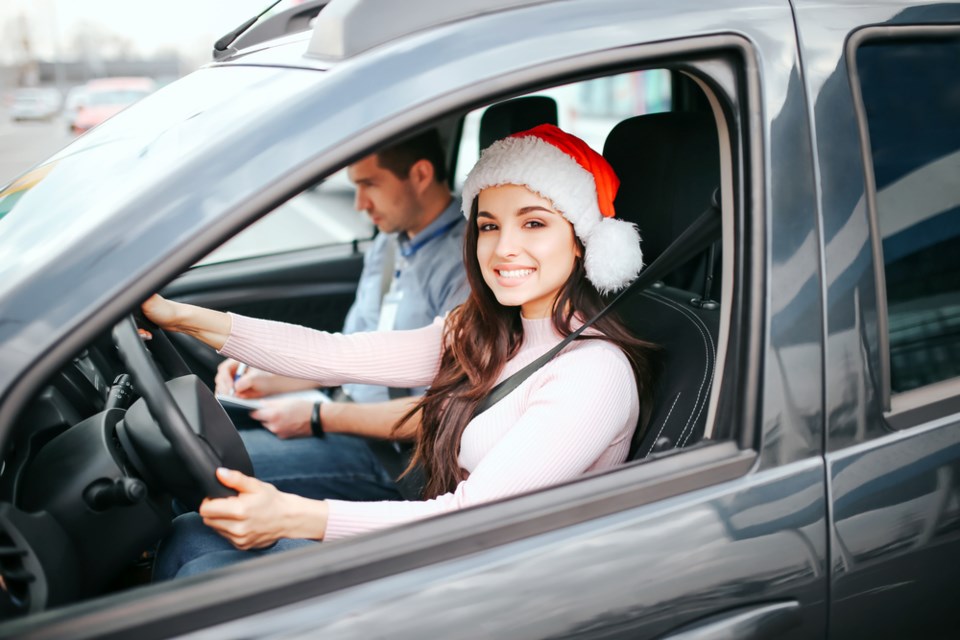With only three weeks before Christmas, many British Columbians are asking themselves whether they’ll be able to jump in the car, on an airplane or aboard a ferry and head over to grandma’s house.
Current public health orders limit social interaction to an individual’s immediate households. But those orders stop short of banning travel, despite provincial health officer Dr. Bonnie Henry’s repeated calls to stay in your community.
“I cannot stop you by an order of getting into a car or going onto a plane. But I’m asking, in the strongest of terms, for us to stay put,” she said Wednesday.
When questioned over whether the province would add “essential travel checks” at key bottlenecks like BC Ferry terminals, Henry shot down the idea.
“There are many reasons why people have to travel and there are many essential reasons why people are coming and going,” she said. “It is very much a challenge for the workers at BC Ferries to take on that role, and I don’t believe it’s their responsibility to.”
Henry added it’s up to people to take on that responsibility, and despite recent demonstrations in the province’s north, Henry said she is confident most British Columbians are taking their individual actions seriously.
Still, Henry left open a window of possibility to see the grandparents this holiday season. If someone is flying in from out of province, for example, it’s incumbent on them to follow strict rules, which for international travellers returning to B.C. means self-quarantining for 14 days and completing the federal ArriveCAN application.
“If you have a family member returning for the holidays, that is important and that is fine. But it is critical that they follow all guidelines we have in place here,” said Henry.
“That means no socializing, no going outside the home and having parties and gatherings of any kind right now.”
WHAT IS ESSENTIAL TRAVEL?
According to an updated health and safety order outlining travel advisories for the province, “essential travel” includes “regular travel for work within your region” as well as “travel for things like medical appointments and hospital visits.”
Welcoming home a son or daughter from university does not qualify as a social gathering, while those looking to go skiing or snowboarding should look to their local mountains (i.e., Seymour, Cypress or Grouse instead of Whistler).
Inviting someone — say a travelling family member — who doesn’t live at home or vacation rental is prohibited until at least next week.
There are, however, some exceptions. If the visit is not social, a visitor is allowed over to:
- Offer assistance or care to a child or adult, whether for health care reasons, personal care or grooming
- Visit a child if the parents are not together
- Teach or tutor educational programming or music
- Provide legal and financial services
- Help with emergency or moving services
- Carry out housekeeping, window washing, maintenance, repairs, renovations, gardening or landscaping services
For the most part, someone’s “core bubble” is everyone in their immediate household. It doesn’t include a family member in a separate rental suite, but it does include your roommates.
For those living alone, they are permitted to have up to two people outside of their household visit for social reasons, provided they are the same people in an exclusive social bubble. That could mean a partner, relative, friend or co-parent who lives in a different household.
As to how the current restrictions will evolve before Christmas, Henry said health officials will wait out the next few days until the orders expire Dec. 7 before making a decision about what to do next.



